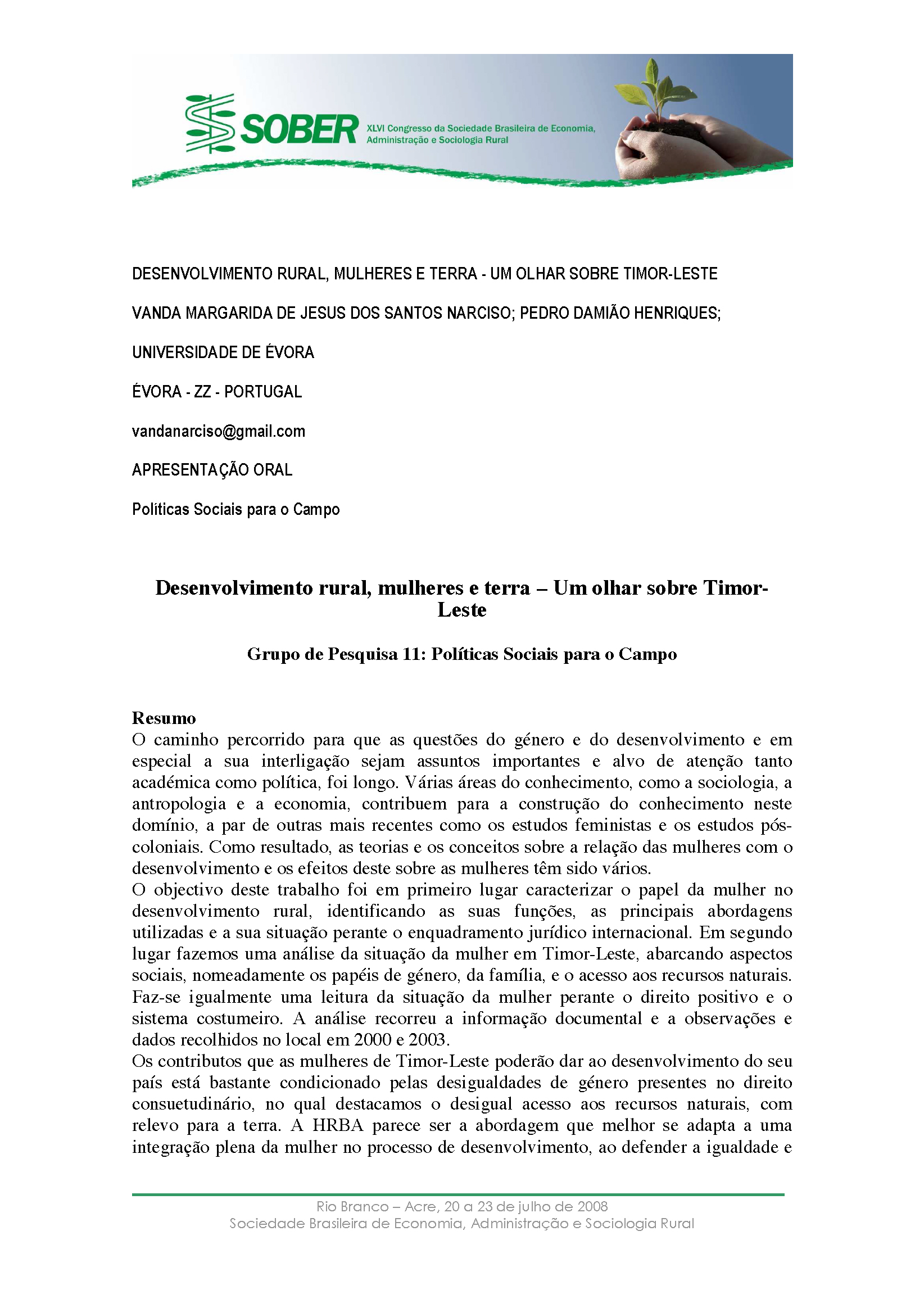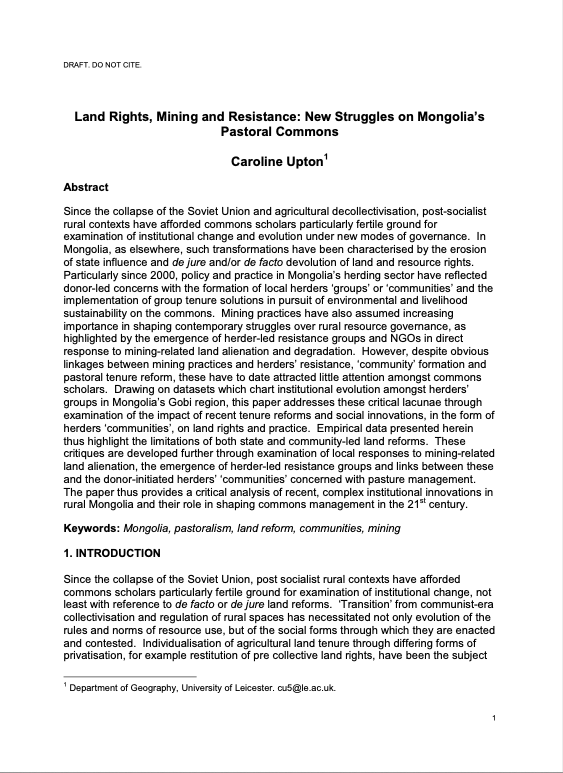¿Colombia encontró por fin una reforma agraria que funcione?
Este artículo evalúa las diferentes reformas agrarias en Colombia desde comienzos del siglo XX. Muestra los aciertos y desaciertos de la Ley 200 de 1936. Cuestiona el papel del Incora en la distribución y la concentración de tierras en la década de los setenta y el fallido intento de las organizaciones campesinas que buscaban una reforma agraria pacífica. Destaca los alcances del DRI en cuanto a la mejora de los ingresos campesinos, pero reconoce su efecto desalentador sobre la desigualdad social.








